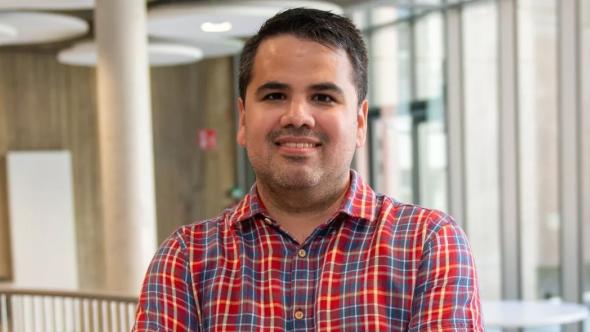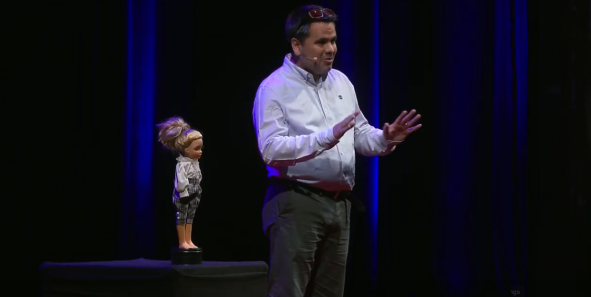Thibaut De Meyer obtained his Master's degree in Anthropology at ULB, while nurturing a passion for philosophy. He therefore decided to also pursue a Master's degree in Philosophy, constantly seeking to establish balances and complementarities between these two fields. His approach has always been oriented towards concrete situations, where concepts are applied, in order to stay as close as possible to the realities studied by ethnologists and anthropologists. He has systematically explored the conceptual dimension in human actions and behaviors.
As part of his anthropology dissertation (People, Genes and Geneticists), he focused on the ethnography of a laboratory, examining how humans interact with blood bags and turn them into genetic maps of patients. In philosophy (in a dissertation entitled The Ecology of Monads), his interest focused on the concept of perspective in Leibniz, a modern thinker who explored the relationship between immaterial perspectives (which he called "monads") and material entities (bodies). Subsequently, Thibault De Meyer turned his attention to the question of consciousness in animals, notably by studying their ability to recognize themselves and attribute cognitive states to their fellow creatures.
Recently, Thibaut De Meyer has published a book entitled Qui a vu le zèbre? L'invention de la perspective animale (publisher: Les Liens qui Libèrent), in which he tackles the question of perspective through the case of zebra stripes, which are perceived differently by humans, lions, hyenas, flies... By taking into account this multiplicity of perspectives, biologists have come to question certain hypotheses seeking to explain the function of zebra stripes. Through a philosophical analysis of these scientific studies, Thibault De Meyer defends a form of relational perspectivism, which he distinguishes and compares to linear perspectivism, among others. This book stems from his doctoral thesis (Le bestiaire de Brunelleschi. Perspectivism and its reinvention in ethology) completed under the supervision of Vinciane Despret and defended in September 2022 at the University of Liège.
Since his academic appointment last September at UNamur, Thibaut De Meyer teaches philosophy of science and technology, as well as logic and argumentation. In the General Introduction to Philosophy course, together with his colleague Nicolas Monseu, he tries to make the subject attractive to students through pedagogical innovations, creating mini-shows, bringing in Lego blocks, etc.
As for his future projects, he plans to look into the history of the mirror test, the challenges it poses and the problems it solves, particularly as a non-verbal psychological test. As he points out, "The mirror is full of riddles."

